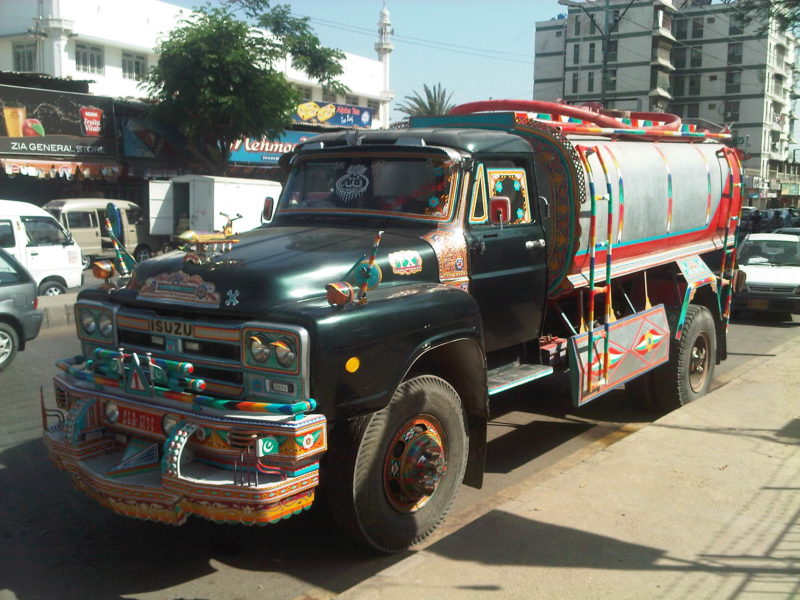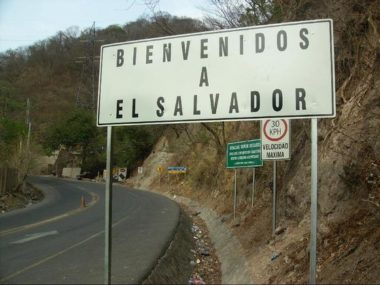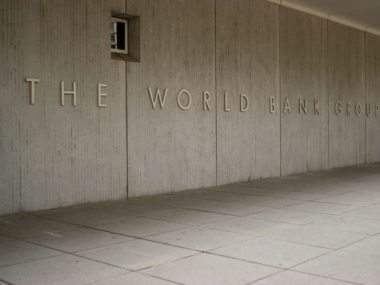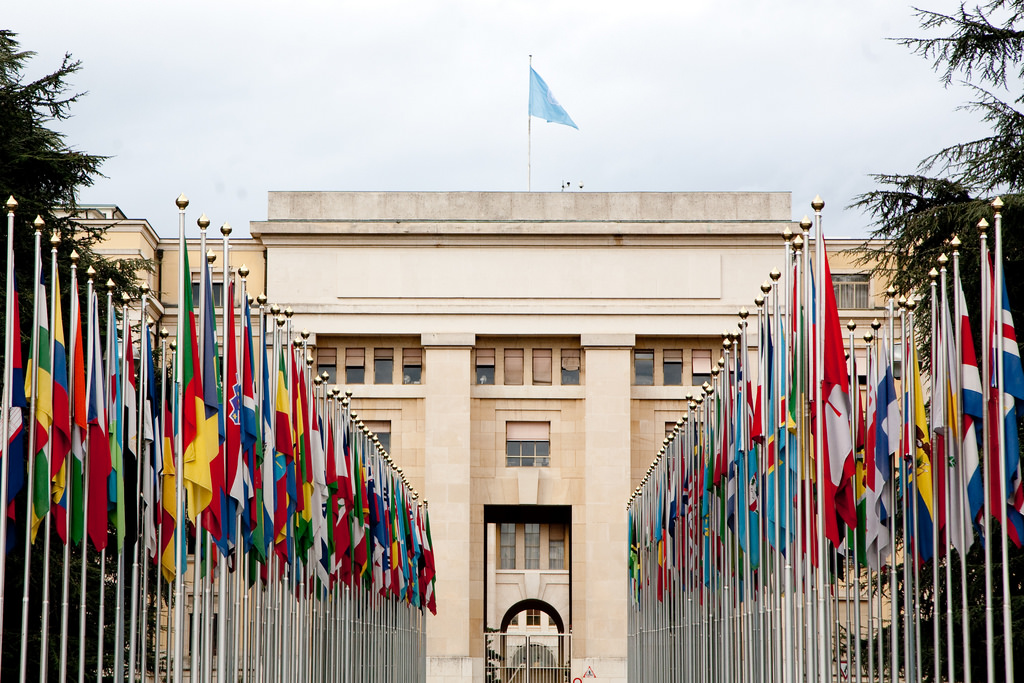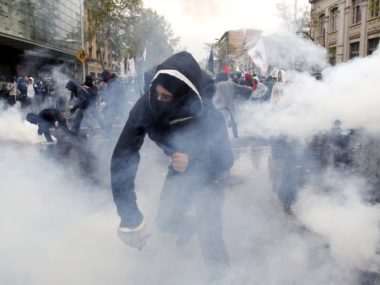Guest post by Niloufer Siddiqui and Erum Haider
In 2021, in the midst of national political turmoil resulting from increasingly polarized politics, by-elections in the Pakistani mega-city of Karachi were being tightly contested over a seemingly mundane issue: access to water.
That water should become an election issue was perhaps not surprising. Karachi “faces an absolute scarcity of water,” with experts estimating that demand for water exceeds supply by twice as much. Most of Karachi’s residential areas are connected through pipes managed by the state-run Karachi Water and Sewerage Board (KWSB); however, given vastly inadequate supply, some of these physical connections only provide water once or twice a month. Problems are compounded in Karachi’s many low-income, informal settlements, which have little established infrastructure for water supply. Households in these neighborhoods often rely on low-quality water sold at exorbitant rates by private water vendors.
Water in Karachi involves a large number of actors with complex, often bewildering links to one another. In addition to the state-run KWSB, public benefit corporations direct water at certain neighborhoods at the expense of others. Sometimes the paramilitary Rangers step in by operating tankers. Licensed private water companies also provide water at a cost. All of these providers operate legally, but there is also a shadowy water mafia in Karachi that illegally siphons off water from the main supply and uses it to fill its own fleet of tankers and operate its own hydrants. The mafia sells this water to rich and poor consumers alike—anyone willing, or desperate enough, to pay for it.
In interviews conducted in July 2021, we were told that control over water from the city’s depleting freshwater sources has become one of the most lucrative arenas in a mega-city already saturated with criminality and political violence. The people we spoke with reaffirmed what others have found: that the water mafia operates often with explicit links to and assistance from political figures and representatives of the state. And because ethnicity remains central to how political and social life in Karachi is organized, many Karachi citizens believe that ethnic links are critical to how water is directed and prioritized.
That access to a commodity as vital as water should be determined by political ties and who can pay is not unique to Karachi. Where state capacity is weak, the provision of goods and services is often taken over by non-state actors, including criminal and illegal organizations. Scholars, journalists, and activists have chronicled this phenomenon in contexts ranging from Medellin to Baghdad to New York City. These often illicit actors step in to provide security in the presence of a weak state, but also provide citizens with essential public goods—at a price.
In December 2021 and January 2022, together with the Pakistan Institute of Public Opinion (an affiliate of Gallup International in Pakistan), we surveyed 2,000 people in Karachi to understand how voters in this ethnically-polarized city evaluate political candidates based on the candidates’ ethnicity and their claimed links to water resources.
We found that, while a majority of respondents preferred candidates who share their ethnicity, ties to the water mafia seem to do little to increase the appeal of even a co-ethnic candidate. Indeed, co-ethnic candidates with mafia linkages are seen as significantly less credible and helpful than those with state water linkages. Most people preferred candidates who share their ethnicity, especially when they have links to state water resources.
These results surprised us. It is often assumed that politicians use connections to the water mafia to direct water to their political constituencies as a vote-getting strategy. What we found, however, is that voters appear skeptical that politicians’ connections to the water mafia will directly benefit them, and so those connections do little to boost votes.
For politicians, manipulating the source of water is a profitable business opportunity. “Water provision ‘is more lucrative than drugs’” and, as one former National Assembly member told us, selling public water to tankers is “the easiest racket in town.” Rather than benefitting voters, water access is used by politicians to “fill their [own] swimming pools, water their lush lawns, bestow on friends, or indulge in their own tanker business on the side.” It is also used to curry favor with groups other than voters. Where water mafia connections do result in patronage, it appears to be primarily targeted towards political workers linked to the party apparatus rather than ordinary citizens.
There are many examples around the world where criminal gangs have been able to garner local support by stepping in where the state fails, providing health, education, and myriad other services. Think Hezbollah in Lebanon, gangs in Rio de Janeiro, and militant actors in Iraq. In Karachi, the water tanker mafia is perceived as contributing to, and emblematic of, overall state corruption. When respondents in our survey were asked who they believed was responsible for the water mafia in Karachi, about 53 percent blamed the provincial government and nearly 10 percent blamed the KWSB. In this context, then, it is likely that a politician with ties to water tanker networks would not be seen as an attractive candidate to alleviate the respondents’ water problems but rather seen as responsible for Karachi’s water crisis itself.
The case of the Karachi water mafia is emblematic of an increasingly common paradox in cities where weak governance and criminality plague the provision of basic services. On the one hand, rich and poor citizens alike are frustrated with illegal water provision, which many see as linked to corrupt practices within the state apparatus. On the other hand, illegal water services fill a gap created by inadequate state provision. Many individuals, particularly the poor in underserved neighborhoods, depend on these services. But just because they rely on illicit actors doesn’t imply that they are happy about it.
Niloufer Siddiqui is an Assistant Professor at the University at Albany-State University of New York. Erum Haider is an Assistant Professor at the College of Wooster.
This post is the first in a series on illicit economies, organized crime, and extra-legal actors and came out of an IGCC-sponsored conference hosted in October 2022 by the Center for U.S.-Mexican Studies at UC San Diego’s School of Global Policy and Strategy.
The authors acknowledge funding from the International Growth Centre in support of this project.

